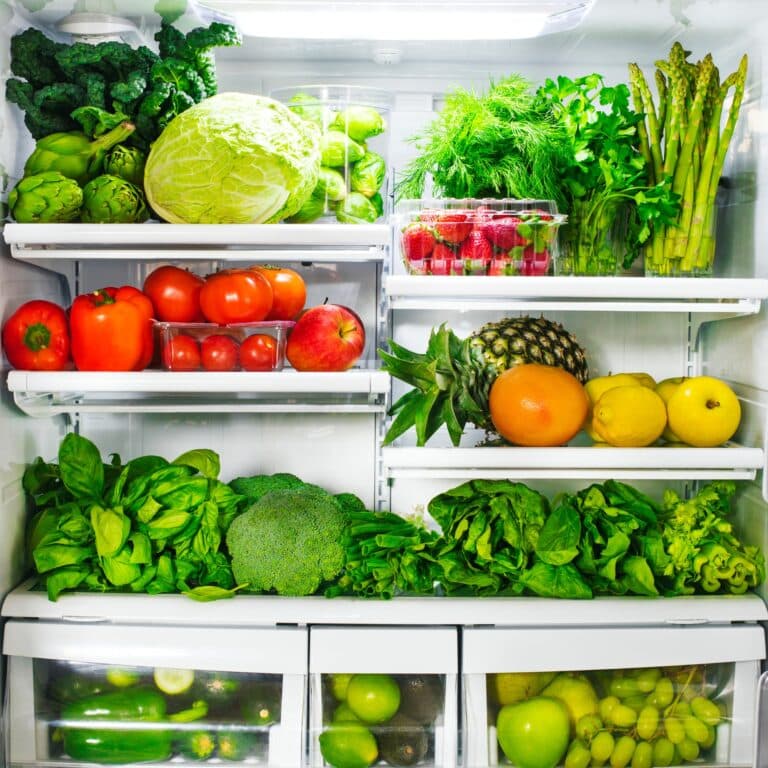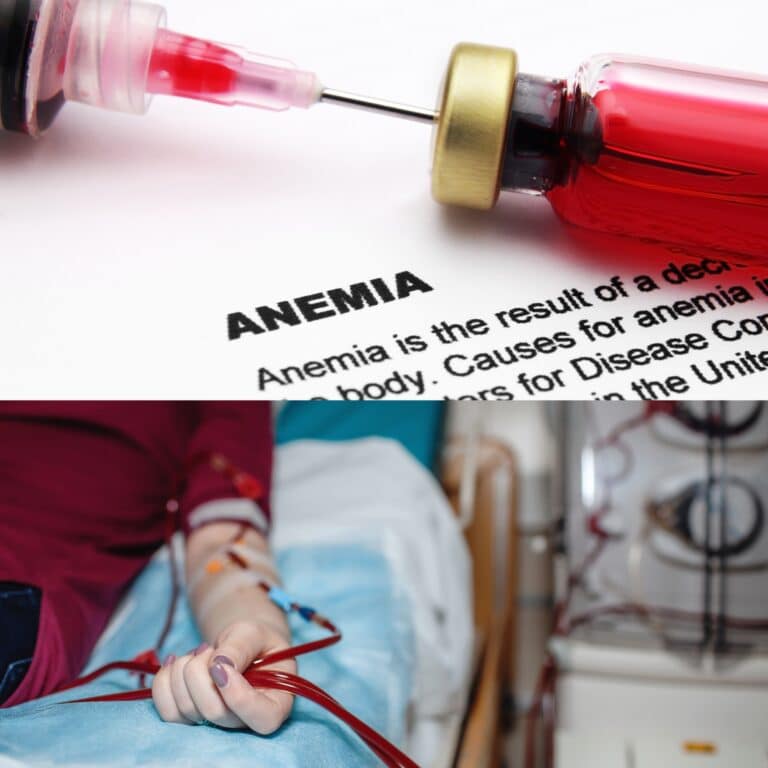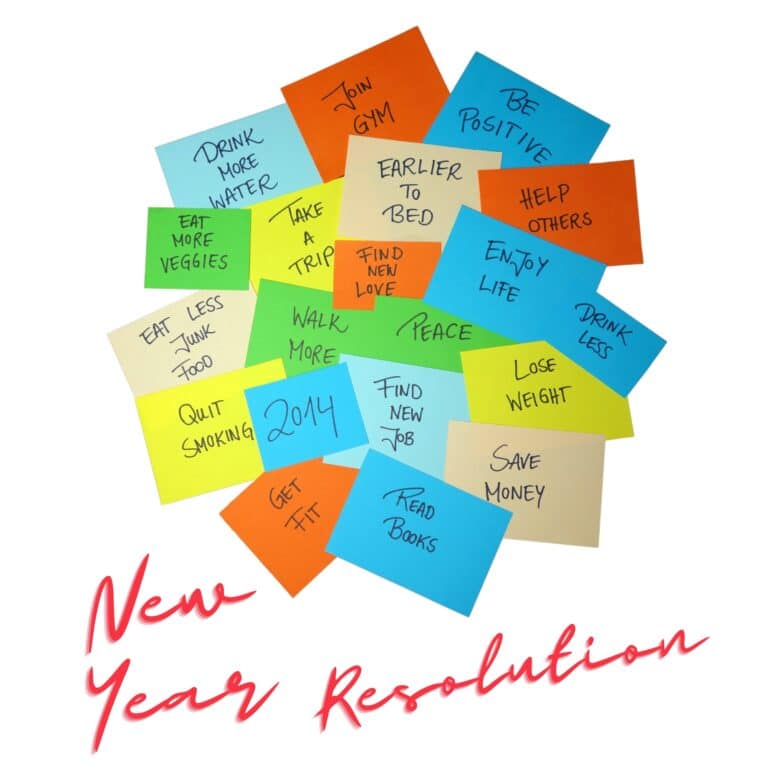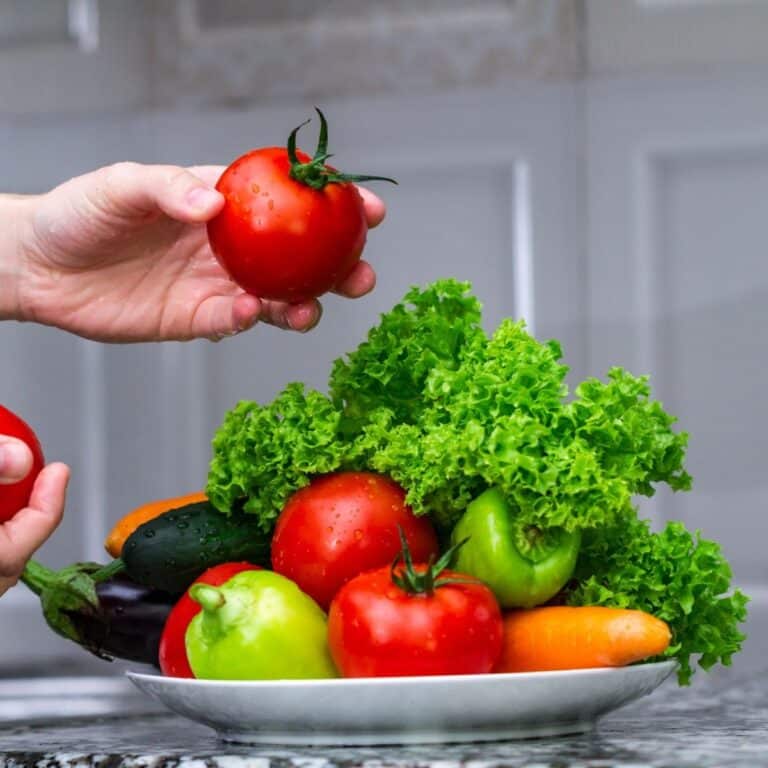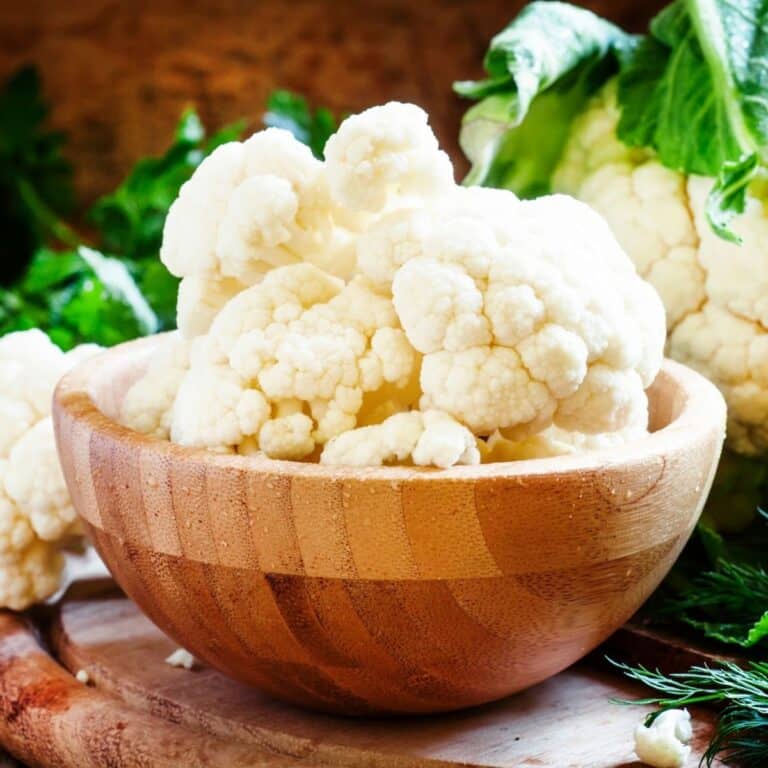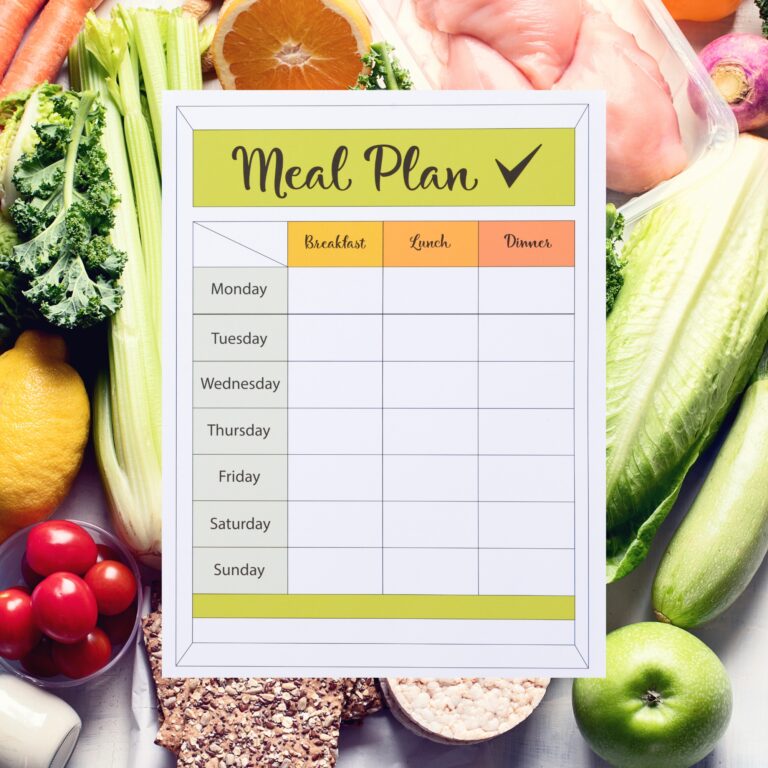RDHQ Podcast 110: 5 Easy Food Tweaks To Reducing Inflammation In Your Body
Hi everybody! It's Mathea Ford with Renal Diet HQ and we're going live again today to talk about the Five Easy Food Eating Tweaks that you can make to decrease inflammation in your body and improve your kidney disease.
So, I want to welcome you all into the live stream or if you're watching this later I want to say thanks for joining me. Feel free to make any comments in the comment field and I will try to reply and then I'll also check and see if there are any additional comments before I finish.
So, I'll be checking that throughout the event but let's start with talking about I want to remind you what we talked about yesterday was inflammation in your body and how to recognize it and how to know that it's affecting you.
So, inflammation in your body is a strain on your system it is your body reacting to an invasion something that it thinks is foreign that it needs to protect you from.
So, inflammation can be a good thing in an acute you know phase.
So, what is an acute?
There's acute and chronic inflammation. So, acute inflammation is something like a puncture wound where you get some redness, you get some swelling, you may have pain, there's a little bit of heat associated with it. And that happens very quickly and it will cause you to have redness in that area but then over a couple of days, it heals up that was your body saying, "Hey! We're going to attack this foreign invader. get rid of it, and we're going to go forward with helping you to feel better."
Chronic inflammation is a bad thing. So, acute inflammation can be a good thing. Chronic inflammation is almost always a bad thing.
So, think about the inflammation that I just talked about. It can be in your body internally without it necessarily showing on the outside.
So, you can have pain, redness, swelling heat in different parts of your body, for example, your gut or yesterday my example was your teeth.
So, in your gums. If you have gum disease or you have an infected tooth that can have redness, inflammation, swelling, heat, pain and if you have that for a long time it chronically is an infection that's not dealt with then your body starts to kind of feeling run down and fatigued because it's constantly trying to fight this infection and help you out and protect you but it wears down other parts of your system soo, it makes your body potentially weaker over time.
So, chronically having infection inflammation is not a good thing so what how does that affect your kidneys and I talked about this a little bit yesterday but the additional toxins in your blood that are from your kidneys not filtering properly whether it's uremic toxins which are related to the additional protein that is not being able to be filtered or its blood pressure or it's having any sort of gut inflammation.
All those things cause your body to have an immune response. That immune response is typically inflammation and then the problem is is that when it doesn't heal, it doesn't improve, then the inflammation continues.
When you have a diet high in refined grains or you're limiting whole grains, you're limiting vegetables and fruit because of the diet that you've been instructed on and then that can limit antioxidants, fiber, healthy fats and so all those things can lead to more inflammation because your gut is not improving. You may not realize it but your gut is about 70% of your body's immune response. So, your gut actually generates white blood cells, it creates helps you defend against all different kinds of invasions. When you eat food, you have a light, you have a little barrier that's very it's microscopic but it protects you from you know foods that are not necessarily healthy for you and so your body has this barrier and when it gets certain foods in there it can cause that barrier that's normally pretty impermeable to start to come apart and then these bigger particles can go through getting into your bloodstream. Those bigger particles that are larger proteins your body is like this is not supposed to be here so even though it's not necessarily a foreign invasion to your body it is so your body sees that as foreign particles, starts the inflammatory response and that happens kind of throughout your body.
So, you get your elevated acid levels in your blood because of the kidneys not properly filtering, you get dental issues. Again, as I talked about those can cause inflammation throughout your body. And there are lots of medications which if you have kidney disease you may be on multiple medications that can affect your body's ability to.. your liver's ability to filter so you may have taken longer to remove drugs from your body, you know there's a normal amount of removal process that is expected and if you can't remove those medications and those drugs detoxify them quickly or how normally they are then your body is going to start seeing some effects from that.
Current treatment for kidney disease for most things is focused on symptoms not necessarily improving your immune system or reducing your immune response. It's not necessarily something that doctors even address your immune response or your inflammation.
One of the ways that they can test inflammation so I just described to you kind of some examples of inflammation in your body but if you want to know like do I actually have an elevated level of inflammation. There's a blood test called the CRP which is C-Reactive Protein. We use that a lot in hospitals with like patients to determine if their body's initial response is calming down. So, it's the CRP test and it shows the level of inflammation in your body so you could actually have that done. I don't know how much it costs and I don't know that that's even necessarily important in this case because really what you're wanting to do. Your body's already in an inflammation state because of kidney disease so even stage three kidney disease, you're starting to see some limitations in your kidneys' abilities to filter. So that means you're starting to have some toxins build up in your blood so you want to do the things that you can to reduce the inflammation in your body. It's not necessarily going to 100% go away but reducing that inflammatory response is going to help your body to do everything else better. So, again the big factor in your immune response is your gut permeability or your intestinal permeability.
Those tightly connected you know like I said, the gut is usually tightly connected. It's a very thin layer but it's a layer that your body basically uses to protect you. So, you actually have bacteria in your gut that just stay in your gut they actually produce Vitamin K, it produces some healthy short-chain fatty acids, it feeds on the fiber in the foods, and the healthy foods so you can actually feed your gut-healthy food and have that bacteria that are growing in there grow in a healthy way or you can feed your gut unhealthy food and produce more of the unhealthy bacteria.
So, you allow when you have got permeability you're allowing those proteins to get through into the bloodstream. The body sees that as a foreign body it mounts a response so they call that kind of leaky gut and the more that you have inflammation in your body, the easier it is for your gut to be leaky so to speak, and let those through. So, there are some things that affect intestinal permeability. Permeability is just the ability for all different kinds of things to be absorbed. So, normally, your normal intestinal permeability is for, you know, the things that need to be absorbed into your blood to be absorbed. So, your blood is on one side and your food is on the other and as it's broken down through your intestine, the little pieces the amino acids and the protein, the water the fats the carbohydrate which is broken down into glucose is absorbed into your bloodstream goes throughout your body.
Normally, those small particles that's what happens as your gut becomes more permeable you get those larger particles that cause that immune response.
Things that affect your gut permeability are things like diet, alcohol, medications. Some medications can affect their antibiotics. If you take antibiotics on a regular basis you're not replenishing you're not allowing that gut bacteria to grow that is healthy for you and so therefore it will allow reproduction of more of the not helpful bacteria. Having chronic inflammation leads to more gut permeability. Stress, going through chemo and an imbalance in your gut bacteria as your gut helps.
The things that I want to talk to you about today that can help decrease your inflammation in your body.
Managing your blood sugar so if you're diabetic and you have elevated blood sugar levels, you're not controlling it as well even if you're doing pretty good control you still can have some inflammation but the better control that you have over your diabetes, your blood sugar levels the lower that you have an inflammation.
So, I'll explain it to you kind of a little bit better so your body has a certain pH a certain amount of blood sugar that it's used to so when you have elevated blood sugar, your insulin goes up and starts moving that glucose from the bloodstream into the cells to get to that normal blood sugar level.
When you constantly have an elevated blood sugar level your body's working overtime trying to get that blood sugar down and then that also produces causes it to be out of homeostasis so your homeostasis level you're constantly trying to get back to so your body's reacting and it causes a more inflammatory response. So, that can cause homeostasis, which can cause inflammation.
So, obviously one of the things I talk about all the time is if you're diabetic you need to get your diabetes under control as a big part of controlling your kidney disease and that is one of the reasons you're reducing that inflammation in your body, you're helping your body to maintain homeostasis.
So, number two. And this one can be kind of something that people aren't always sure about but one, two of the bigger foods that can cause inflammation are gluten and dairy. So, reducing the amount of gluten that you're eating reducing the amount of dairy that you're eating you can even do like a 30-day gluten-free free test. So, you take you to know you get rid of those food products out of your diet for 30 days see how you feel, and then you do kind of what's back to bringing it back into your diet and seeing how it makes you feel. So, regardless of whether or not you're considered gluten intolerant or you know celiac or anything like that. Gluten can cause um gut inflammation in some people so it's a big test to take those two items out of your diet for 30 days and then um bring them back and see how you make it makes you feel you bring them back a little bit at a time, you bring them back one at a time and you test it. So, the big caveat I want to say to this is going from a regular diet that is highly refined, high sugar, you know, highly low protein low fiber diet to a gluten-free low fiber, highly refined diet is not going to help you. You also want to make sure that you're doing which is number three of my list is to make sure that you're getting plenty of fiber and increase your intake of fruits and vegetables.
So, whole fruits and vegetables and eating a variety of those you will see an improvement due to the additional fiber and the additional antioxidants. So, the big pushback I get on this is I can't have fruits, I can't have all fruits and vegetables because of potassium.
So, the guidelines say that unless your potassium is elevated in your blood that you don't have to restrict the amount of potassium you eat. So, I talk about this a lot but one of the things that happen is the nurse hands you a list of foods you can't eat. And while that's very easy for them to do, in my mind it makes your life a lot harder because if your potassium is not elevated, if your phosphorus is not affected yet, you still need to be eating a variety of fruits and vegetables to continue to get those antioxidants, to continue to get that fiber you don't need to be restricting eating only white bread, no fiber, no whole grains. Eating whole grains, eating fruits and vegetables is going to help you reduce the inflammation and that is going to slow the progression of kidney disease.
So, you're actually potentially causing more problems with your kidney disease by cutting out all these fruits and vegetables and eating a very low fiber diet early on in kidney disease. Stage four, stage five, if you've been told that your potassium level is elevated then yes you need to limit on potassium amount that you take in but you still need to try to get that variety and get your fruits and vegetables in there. So, just make sure though that you're not eating you know in a way eating the refined grains and the limited diet actually hurts your progression or increases you know your risk of progressing more quickly with kidney disease.
So, therefore it's really important that you follow and try to get a bigger variety in your diet. Number four is to exchange some animal proteins for plant proteins. So, going to a more plant-based diet is going to help you to have a lower inflammatory level. It's just a fact that animal proteins can cause more inflammation in your diet in your body.
Now, I'm not telling you you have to become a vegetarian or even a vegan but what I'm saying is try to change out some of those animal proteins for plant proteins. The good thing about plant proteins you're going to tell me probably that they have more potassium more phosphorus. It's a well-known fact that the phosphorous amounts in beans and legumes and animal products and sorry plant products are not absorbed as well. So, the phosphorus amount that is natural that is in plant products um plant-based products that are naturally occurring does not get absorbed as well. It's absorbed at about a 50 percent level you know of the amount. So, if you have 100 grams you absorb only 50 in a plant-based. If you have added phosphorus if they are you know inorganic if they're adding phosphorus like in diet cokes or sodas, dark-colored sodas that are absorbed at like 90 percent. So, eating more plant-based helps your renal diet because you don't absorb as much potassium and phosphorus. You don't absorb as much phosphorus. You're usually getting more fiber and you need to eat less refined, more whole foods so you can do that by increasing the amount of plant protein that you're getting in your diet.
You are already needing to limit as a CKD you know stage three, stage four, stage five, you're already trying to manage or reduce the amount of protein that you're taking in so eating plant-based you usually get more fiber you get more full with those foods and you don't have to go completely you know 100% and if somebody in your family doesn't want, you know, if you've got to work with your spouse talk to your spouse or talk to your significant others, your family about it, try doing it like one day a week just start with that or try making meals where you can substitute out. So, if you made, for example, tacos. If you made taco meat and you made some beans, you as a kidney disease patient could eat just kidney beans on your taco you know instead of adding meat or adding less meat to it and everybody else in the family whoever wanted to could have that meat from the tacos.
So, just think about ways that you can add more plant protein to your diet. The last one I want to talk to you about is to consider supplements like a vitamin D K supplement, a vitamin D and K supplement and in combination and consider some probiotics to help your kidneys, to help your gut health. So, probiotics are going to have that healthy bacteria that are going to replace that bacteria that you maybe have lost with taking antibiotics or not eating as healthy so eating pro taking probiotics not going to hurt you and then vitamin D and K.
One of the first things in your health that's affected which may not even be something that your doctor measures but if you do my course on labs on my website you'll see that one of the first things that's affected is vitamin D levels. So, vitamin D you know, you absorb it through your skin or you take it through a medication your kidneys are what converts that vitamin D into the active form. A lot of times, people have issues with getting that converted because your kidneys have less capacity. So, taking more vitamin D helps you to make sure that you're getting more use in your body and vitamin D is related to bone health and gut health, and lots of other health. It's even related to depression. So, it's the sunlight vitamin. So if you go to this link there is a... I have basically a recommended plan.
So, on this, I kind of have the vitamin D3 and K2 that I recommend and it's the recommended amount and you would take one per day and you can have your doctor test your vitamin D level but it's just recommended in a lot of kidney patients to take vitamin D and vitamin K kind of goes with vitamin D to help it.
This Megaspore biotic is a very good healthy biotic for a probiotic. For people to and it's megaspore means basically when you take it you ingest it then your body it gets it's in spore-based so it gets through the acid of your stomach and goes into your small intestine where it's it digests and goes into the bacteria and becomes more healthy bacteria for your gut small intestine, large intestine.
Turmeric is an anti-inflammatory spice and if you want to use more turmeric in your diet that would be great but you can also use turmeric and this turmeric has what's it's called black pepper so you need black pepper or fat. It really helps you to absorb turmeric a lot better so you can take this daily it helps with inflammation, it helps with some joint pain, and then this Pro Omega 2000 that's the fish oil that I personally take but fish oil can help a lot with inflammation as well to help you to feel better and to have a little bit that Omega-3, vitamin E can help a lot.
So, those are just some simple things that I recommend if you go to that website, there's a discount off the retail price for those and those are the things that I recommend and also a renal multivitamin if you want to kind of balance it out all the way out. So, I just want to kind of cap this off with talking to you for a minute about the fact that your GFR, your eGFR, your Glomerular Filtration Rate, it can improve with an anti-inflammatory diet.
So, if you do the things that I talked about - eating more plant protein, eating more fruits and vegetables, managing your blood sugar, and potentially taking these supplements like vitamin D, vitamin K, probiotic all those things. All of those together can help you reduce your or improve your GFR you actually want it to be higher and number two it will help slow the progression of your kidney disease.
Even if you're on dialysis you can take those vitamins I would certainly talk to your doctor. But if you're on dialysis because you may be on a lot of other medications and you may already be on a vitamin D supplement if you're on dialysis but talk to them about if you can take those things.
Typically for CKD 3, 4, 5 prior to dialysis, these are okay because they are not going to be affected by a lot of it's gonna help you improve your health. So, think about those five things I talked about and just think about what's easy to change first. So, think about can I have a meatless meal every week or can I start taking a probiotic or can I start taking vitamin D. If you feel uncomfortable about it, have your doctor check your vitamin D level but again vitamin D is one of the first things affected by kidney disease even in stage two but especially stage three is where it starts helps with your bone health.
If you want the link to my course on lab values that basically explains kind of how your kidneys work and how the lab values are what your lab values mean so that when your doctor gives you your lab values that you'll understand what they mean and you can ask them better questions. I can put that in the link below but feel free to ask any comments.
I thank you guys for your time today for listening. Feel free to leave a comment below the video after you're done watching or while you're watching if you have a question. Go over to the look at the vitamins that I've recommended and let me know any questions you have.
Thanks for listening today. Head on over to the website if you want to sign up for we have a renal meal plan that's a weekly meal plan. That's a freebie and I look forward to talking to you guys again soon! Thanks!





